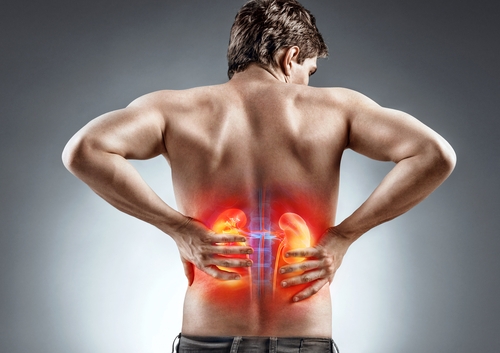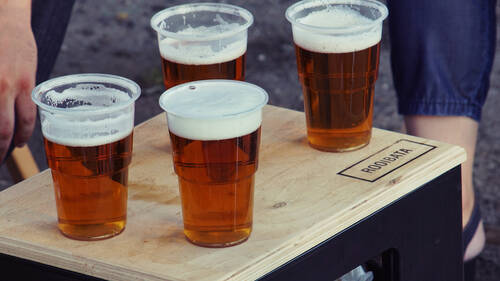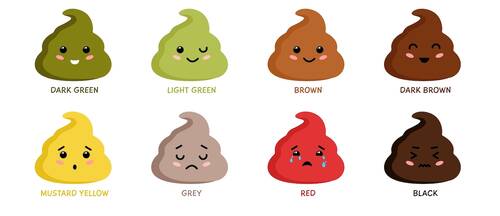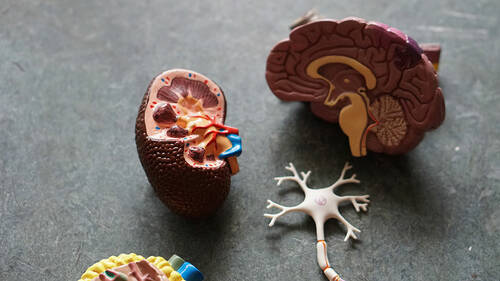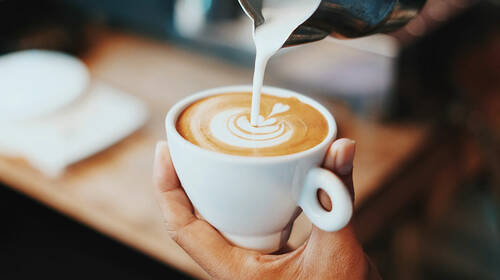Kidney stones (also called renal calculi or urolithiasis) are solid, pebble-like deposits which are formed when there is a build-up and crystallisation of dissolvable salts and minerals inside of the kidney. They can grow up to the size of a golf ball which can be very painful to pass when urinating.
Dietary factors (too much protein, sodium and salt), obesity, medication as well as a lack of fluid can contribute to the risk of developing kidney stones.
If left untreated, kidney stones can block the ureter (the tube that connects your kidney to your bladder) which can accumulate bacteria within the ureter and lead to urinary tract infections or kidney infection and further kidney damages.
There are 3 major types of kidney stones based upon what is accumulating in excessive quantities in your kidneys. These are:
- Calcium oxalate stones – from a high level of calcium, oxalate and cysteine built up in the kidneys
- Struvite stones – when there is an accumulation of bacteria in your kidney
- Uric acid stones – when there is a large amount of acid in your urine
How to recognise kidney stones: often, there are no symptoms if the kidney stones are small. But, when there are symptoms, they can include:
- Groin or abdomen pain
- Blood in the urine
- Urinary tract infection (UTI)
- Increased need to pass urine
- High temperature
- Nausea or vomiting
- Bad smelling urine
Your GP or registered health practitioner will be able to diagnose kidney stones based upon routine tests and your patient history. Diagnostic tests include:
How to cure kidney stones:
Kidney stones generally pass by themselves in 1-2 days. Drinking a lot of water and taking over-the-counter pain medication is the recommended treatment for at home. A GP may prescribe non-steroidal anti-inflammatory drugs to help them pass quicker. Cranberry juice or lemon water can be drunk as they are mildly acidic which can flush out any bacteria present to prevent further discomfort. The risk of developing kidney stones can be managed by drinking around 2 litres of water a day, increase dietary fibre, participate in daily exercise and decrease the amount of daily dietary protein
When to see a doctor
Book an appointment with your GP if you experience:
- Severe pain that interrupts your day-to-day activities
- Fever and chills
- Trouble passing any urine at all
- Persistent vomiting

